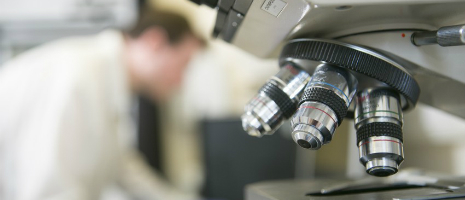The most inspiring research project in diabetes was the discovery of insulin itself in 1921, when a doctor and a medical student (Banting and Best) worked together during a few summer months to produce a life-saving treatment.
There have been many important but less dramatic discoveries since then, each in some way contributing to our understanding of diabetes and many improving the available treatment Diabetes in Canada – Try now. 
SEARCHING FOR CAUSES AND CURES
Do you think that diabetes will ever be cured?
Ever since a life-saving treatment for diabetes became available in 1922, there has been a constant search for a cure, which would relieve people of the burden of living with this condition. Great advances have been made in our understanding of the causes of Type 1 and Type 2 diabetes and at times it has looked as if a cure was just around the corner. Sadly these were false dawns but a huge amount of research effort continues to be devoted to trying to find a cure.
Will it ever be possible to prevent diabetes with a vaccine?
There is some evidence to suggest that certain virus infections can cause diabetes but we are not clear how often this happens: it is probably very infrequently. If a virus were isolated, which was found to cause diabetes, it would then be possible to produce a vaccine that could be given to children like the polio vaccine, to prevent them from developing diabetes later in life. At present this possibility seems rather remote.
TRANSPLANTATION
I should like to volunteer to have a pancreas transplant. Is there someone I must apply to? How successful have these operations been?
Pancreatic transplantation is not carried out in Type 2 diabetes and is still in the experimental stages for people with Type 1 diabetes. Technically, pancreatic transplants are even more difficult than liver, kidney or heart transplants. The pancreas is very delicate but also produces digestive juices, which digest the pancreas itself if it is damaged while being taken from the donor and placed in the recipient. The duct or tube through which these juices pass is narrow, and has to be joined up to the intestines in an intricate way so that the enzymes do not leak. Even if the procedure is a technical success, the body will still reject the transplant unless powerful drugs are given to suppress the immune system. Some of these (particularly steroids) tend to cause diabetes or make existing diabetes worse. Some UK transplant centres will offer people with diabetes who need a kidney transplant the chance to have a pancreas transplant at the same time. In these circumstances, the results seem to be better than if a pancreas is transplanted on its own. If both transplants are successful, this is a real bonus as the recipient can stop both renal dialysis and insulin. For those who do not have kidney failure, the most promising development is an islet cell transplant.

